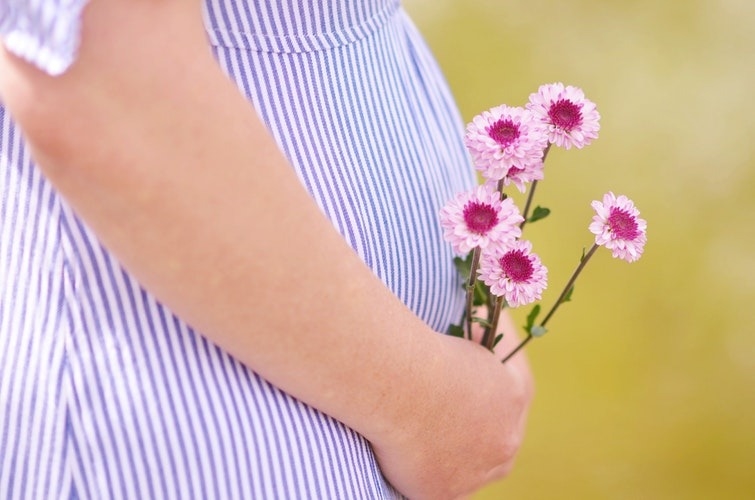
3 Stages Of Fetal Development In The Womb
19 Jul 2018 | 4 min Read
Dr Rakesh Pandia
Author | 3 Articles
Fetal development from a single cell organism to a complex human being is a miraculous process. Understanding fetal development month by month is essential to understanding a baby’s health, which is assessed by the doctor using a fetal growth chart.
Conception occurs when the sperm penetrates the egg after ovulation, which is around the 14th day of the menstrual cycle. Expecting mothers can use a pregnancy calculator to find out the due date for the birth of their baby. After fertilization, the baby in womb is in the form of a single cell. This cell divides multiple times and results in the formation of different groups of cells that then get organized to form various organs and, eventually, a well-formed baby.
Stages of fetal development
The period between the first day of the last menstrual period and the birth of the baby is called the period of gestation. Development of foetus is complete by 39 to 40 weeks, which is a normal full-term pregnancy. The Embryonic Development occurring during Pregnancy is usually calculated in Weeks starting from the first day of last menstral period.
The three main stages of a baby’s development in the womb are zygote, embryo, and fetus.
Zygote
A zygote is the single-cell form of the baby resulting from the union of an egg cell and sperm and is mostly located in the fallopian tube.
The zygote continues to divide almost immediately after fertilization. On day 5 after fertilization, it has grown into a tiny mass of cells. It is now called a blastocyst and travels from the fallopian tube to the uterus and gets embedded into the inner lining of uterus around the 6th day.
Embryo
The inner cells of the blastocyst develop into an embryo, and the outer cells develop into the membrane surrounding the baby that provides protection and nutrition. From the 5th week of pregnancy, the baby is called an embryo. The embryo undergoes the process of differentiation in which its cells divide into different groups of cells to perform specific functions. The baby’s brain, kidneys, heart, nerve cells, and spinal cord start developing in this period.
From 6 to 10 weeks, the embryo continues to develop further. Development and growth of the arms, elbows, legs, and fingers and toes begins. The face becomes distinct with prominent eyes with eyelids and ears during this period. The baby’s heart now beats with a regular rhythm and blood starts flowing through the newly formed blood vessels. All the major organs like intestines, lungs, etc., continue to grow.
Fetus
From the end of the 10th week of gestation until birth, the baby is called a fetus.
Between 11 weeks and 18 weeks, fetal development progresses further. The fetus develops muscles, bones, nails, fine hair, tooth buds, genitals, and skin. The fetus now starts moving, swallowing, and sucking.
From 19 to 26 weeks, there is an increase in the baby’s activities, and it can now hear sounds and get startled. The airways and air sacs develop inside the lungs and the bone marrow starts making blood. The fetus keeps growing in size along with the functioning of different body systems.
From 27 weeks to birth, the baby development in womb advances further. The lungs are filled with air, the brain grows rapidly, and the eyelids open and close. By the end of 30th to 31st week, the development is almost complete. Up to its birth, the baby continues to gain weight.
Fetal development is complete at the 39th or 40th week of pregnancy and birth of the baby takes place.
Also read: How Big Is Your Baby This Week?
A


Related Topics for you
Suggestions offered by doctors on BabyChakra are of advisory nature i.e., for educational and informational purposes only. Content posted on, created for, or compiled by BabyChakra is not intended or designed to replace your doctor's independent judgment about any symptom, condition, or the appropriateness or risks of a procedure or treatment for a given person.
